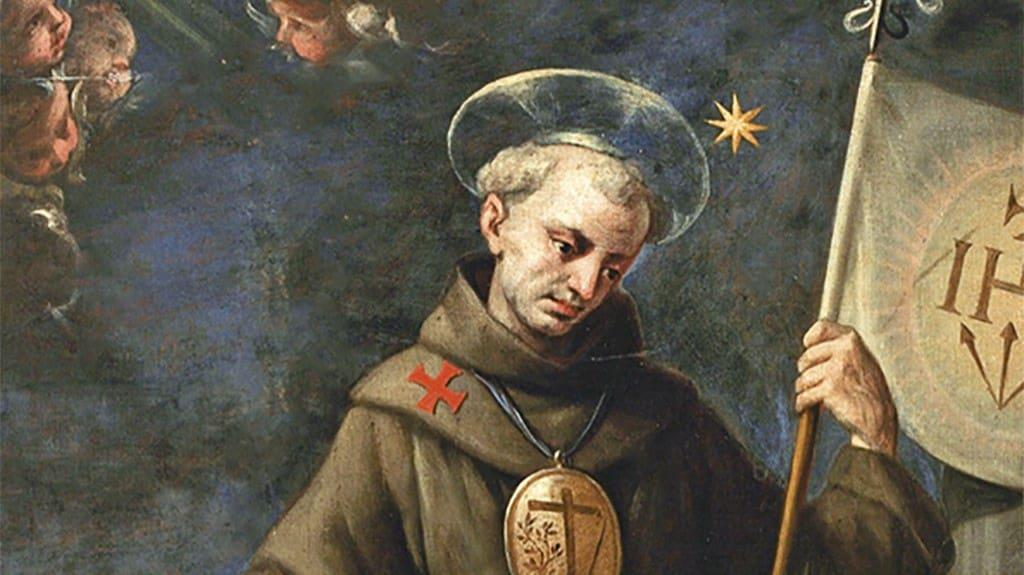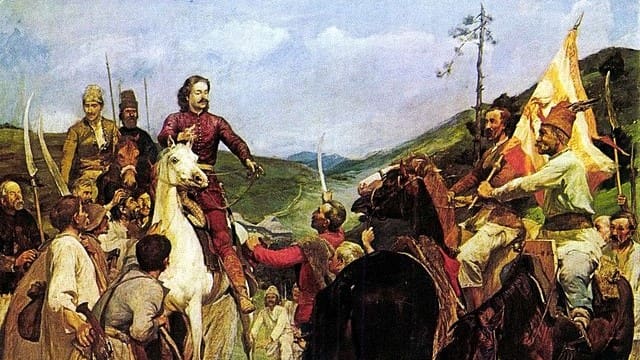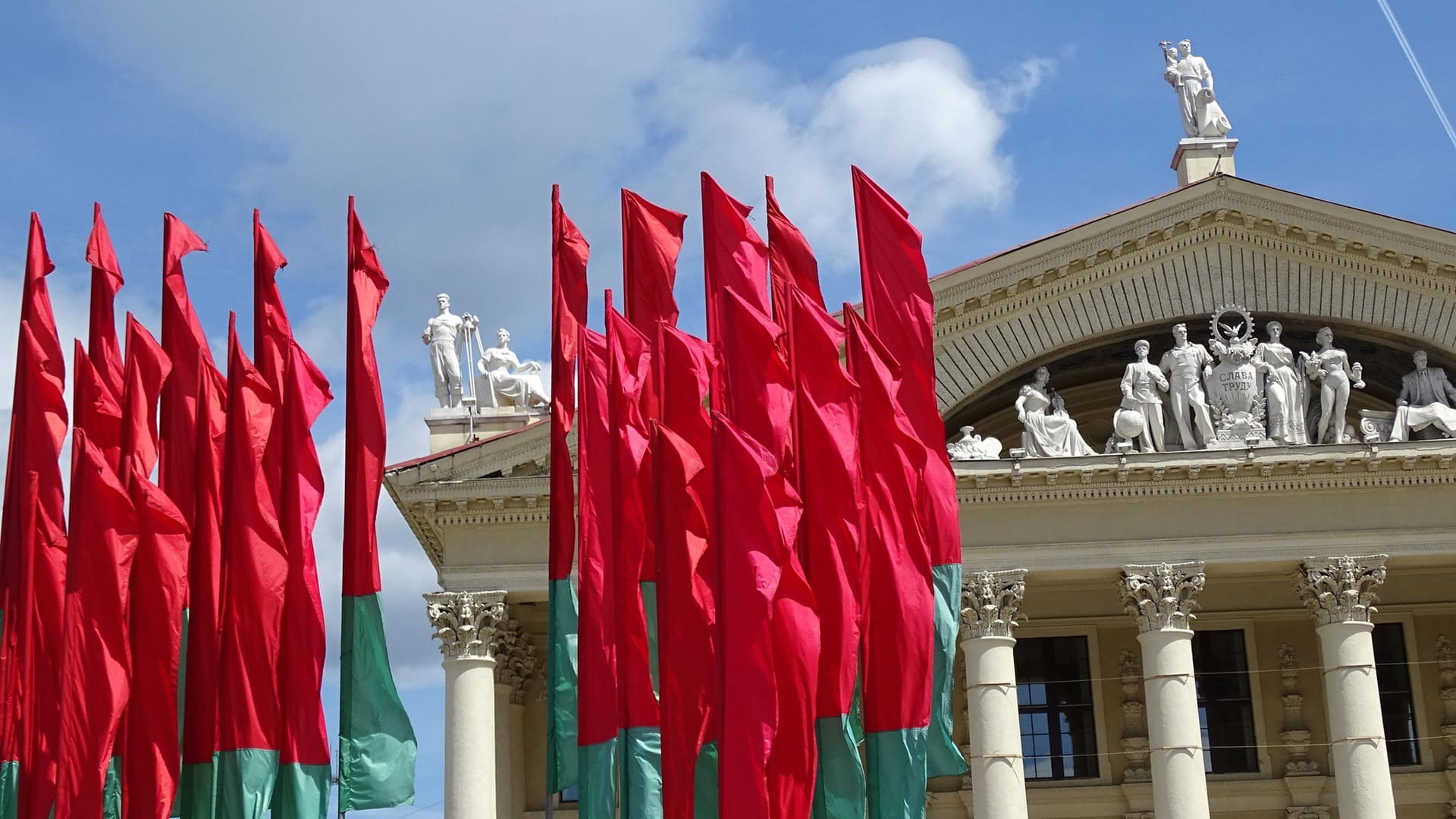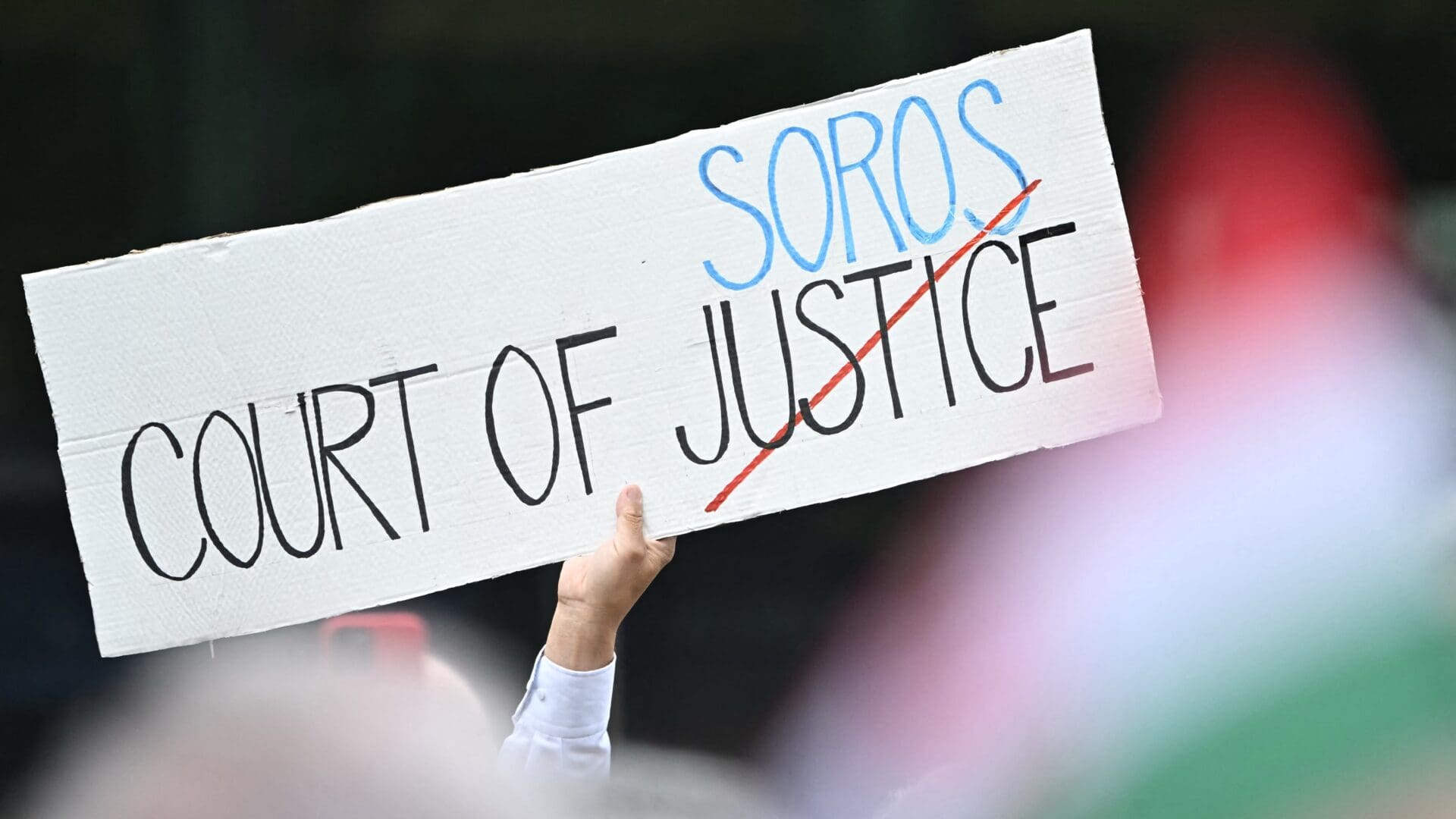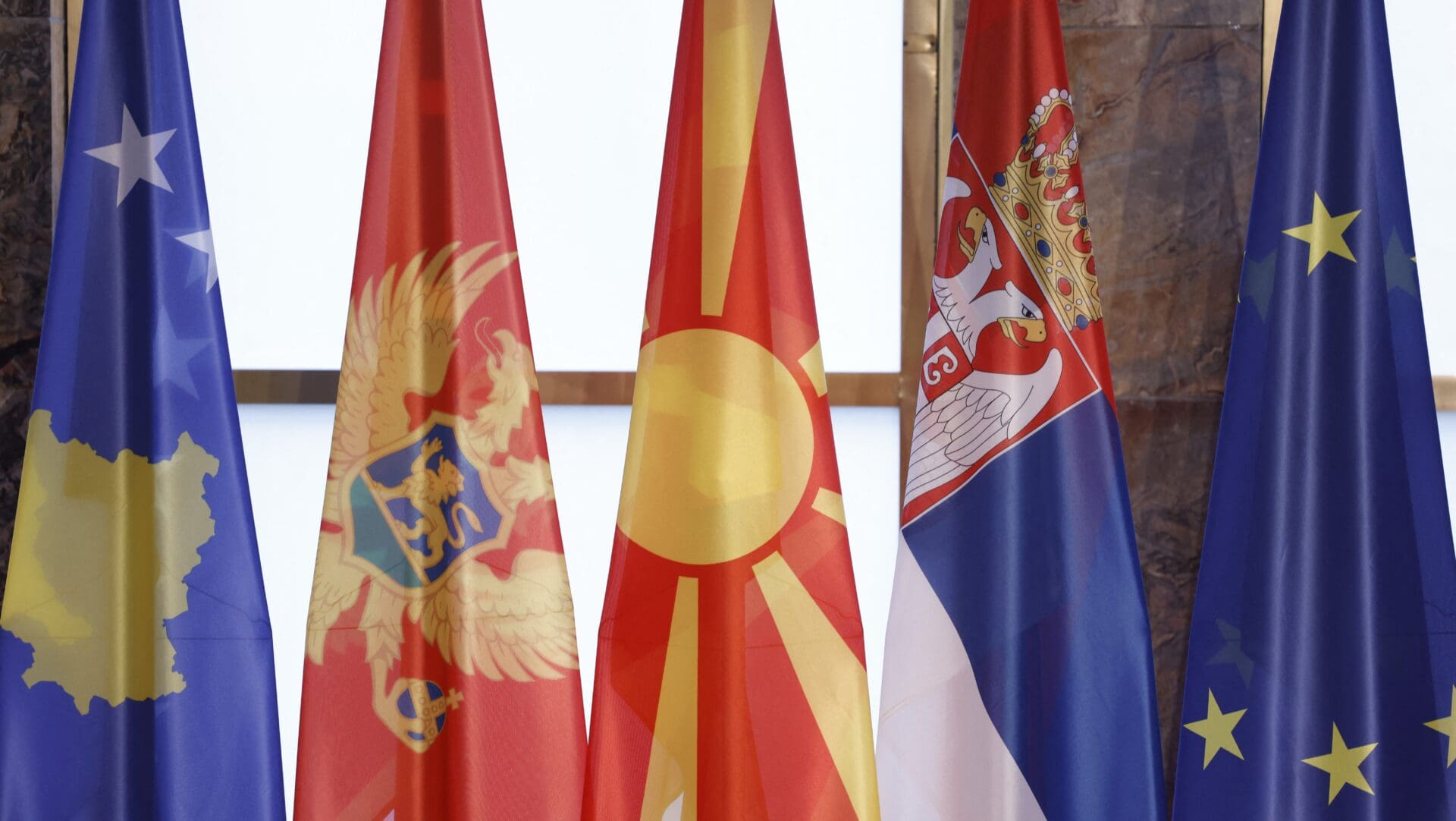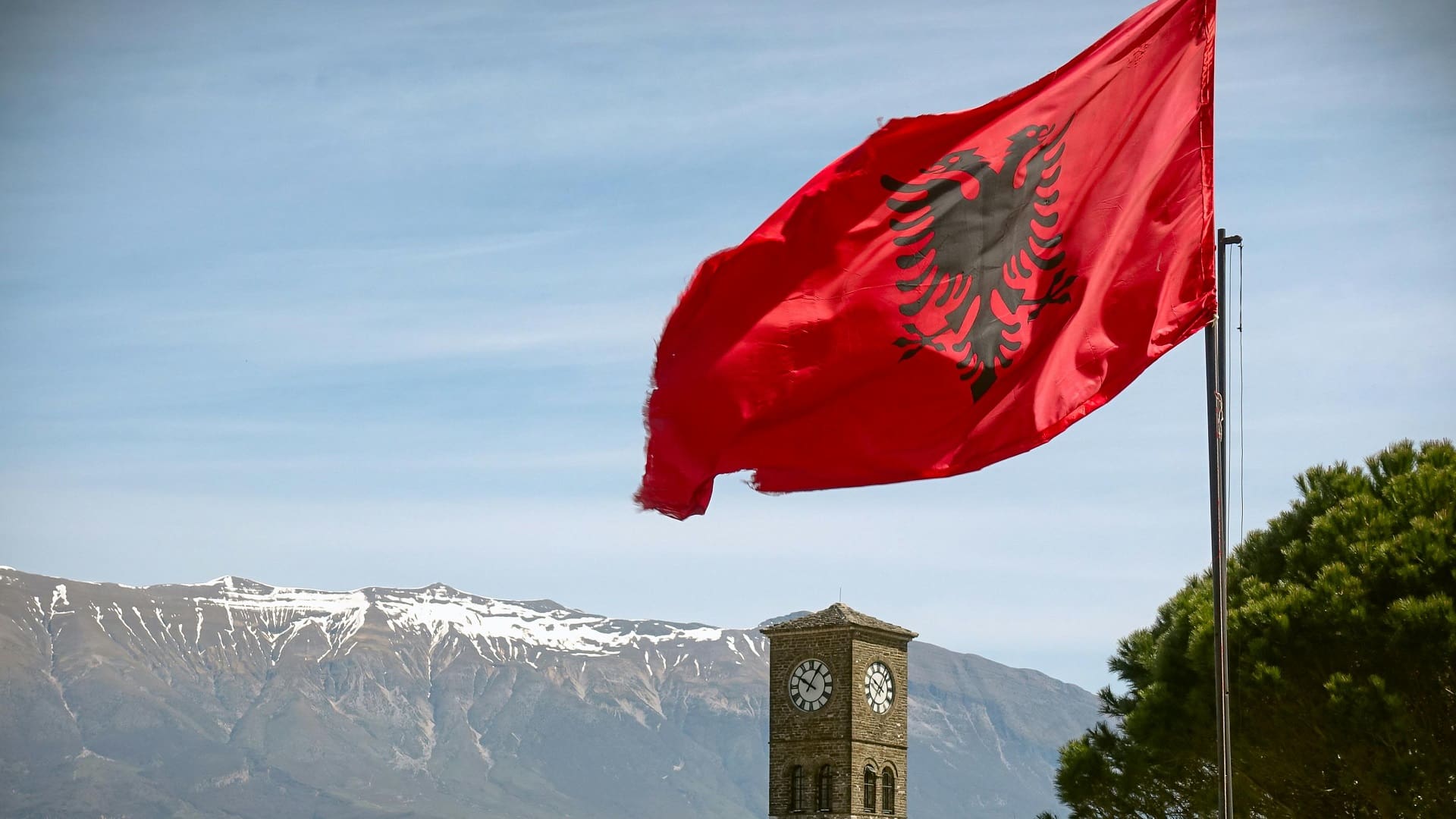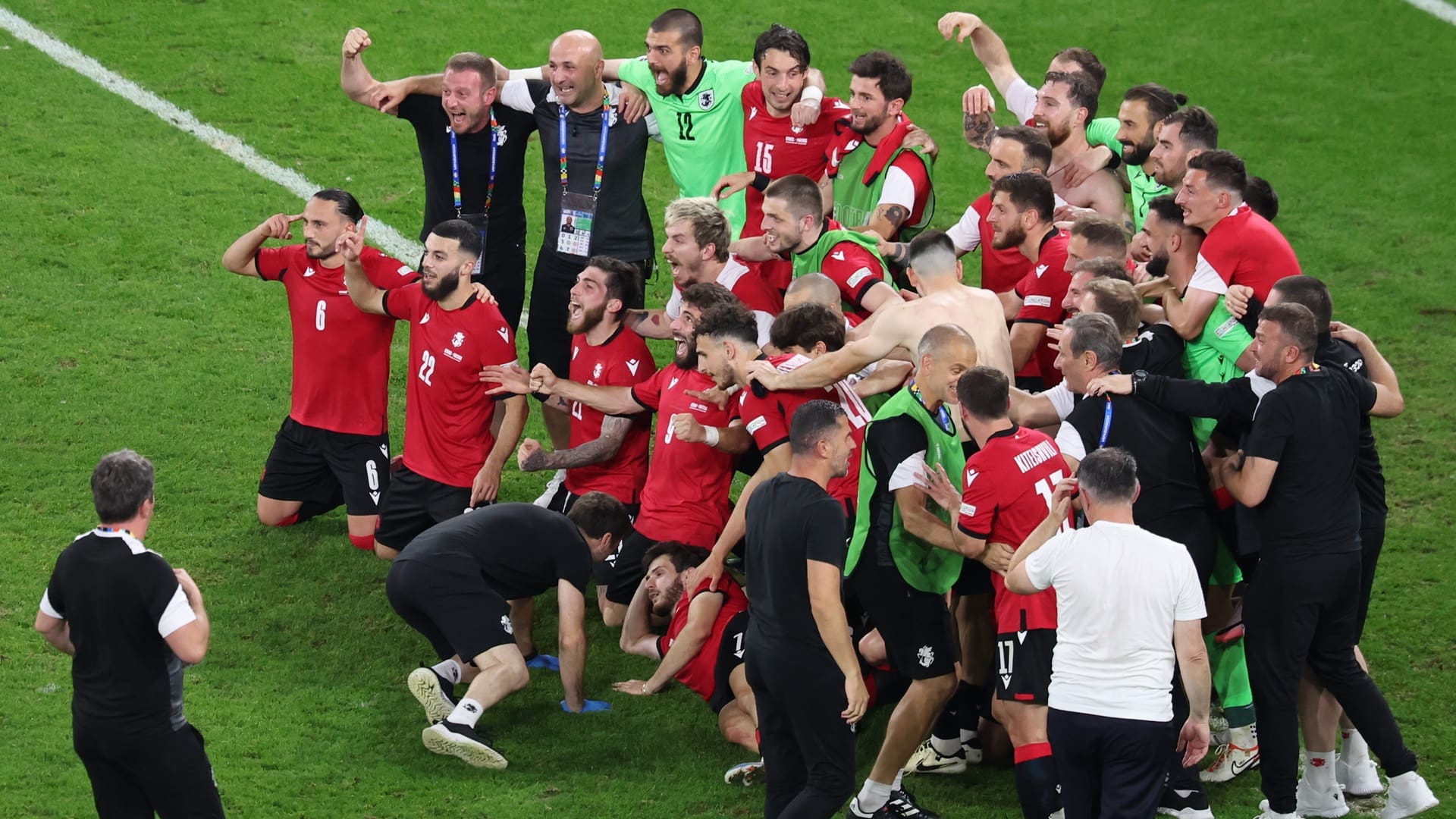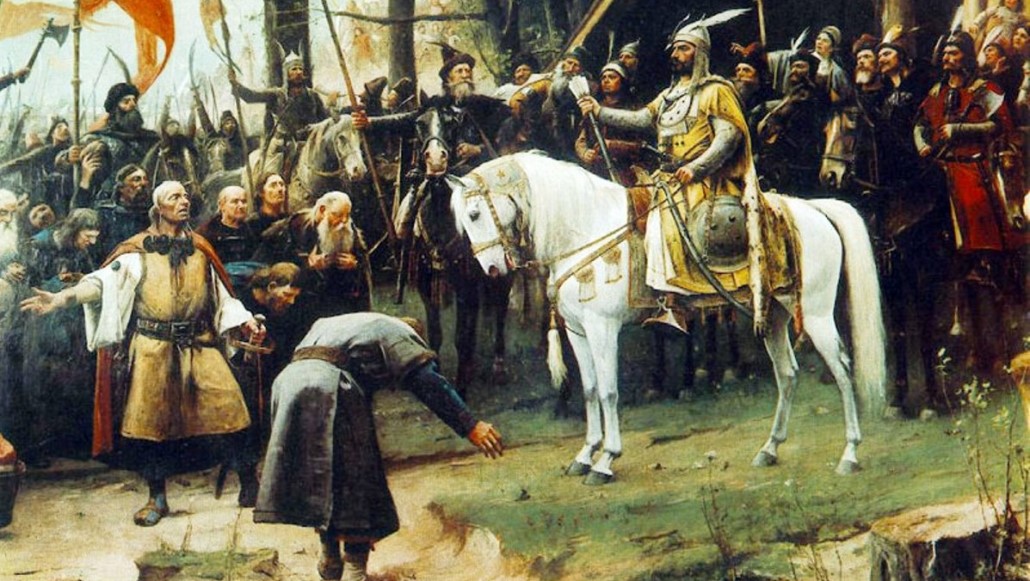
Christian Missions in the Carpathian Basin Before the Hungarian Conquest
The Frankish–Moravian struggles that shattered the tranquillity of Pannonia, even before the arrival of the Hungarians, caused irreparable damage to the settlement structure and ecclesiastical institutions of the region, which were thus left in a state of collapse when the Hungarian conquest came. As a result, it took a good century for the new missions, with the birth of the Christian Kingdom of Hungary, to bring the region back into the Church once and for all.

